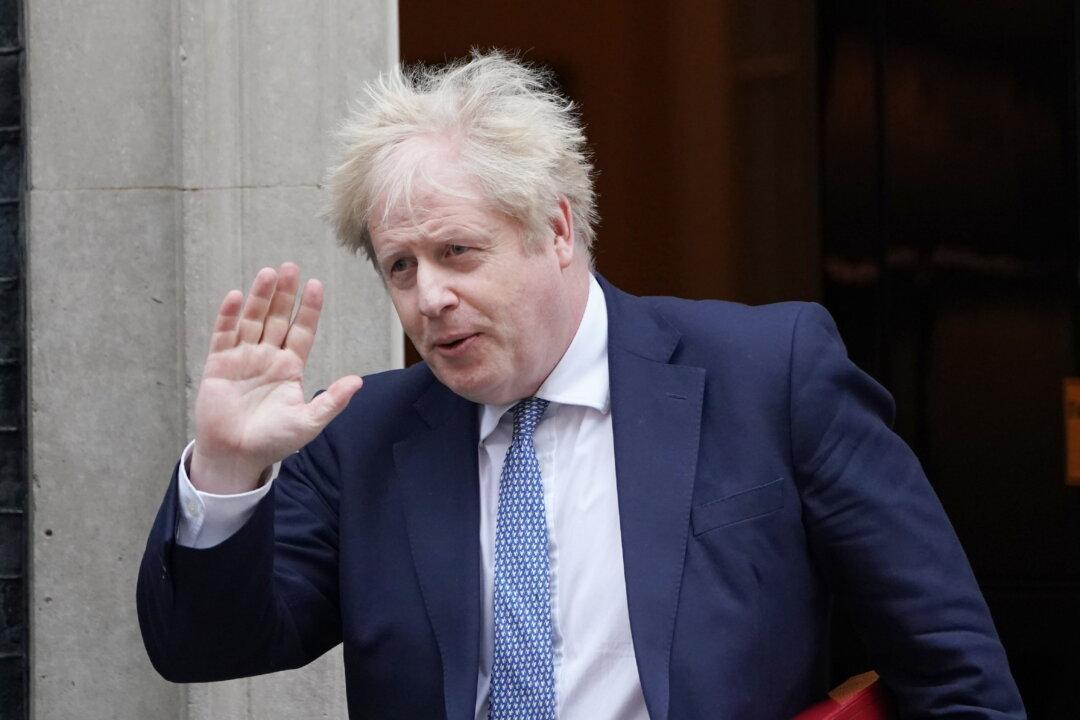Prime Minister Boris Johnson reshuffled a number of Cabinet ministers on Tuesday as he seeks to retain support in Parliament.
Johnson pledged a shake-up on Jan. 31 after an official inquiry into allegations of lockdown-busting gatherings in the center of the government found “failures of leadership and judgment” by parts of Johnson’s office and the Cabinet Office. But his rehabilitation of Downing Street has had a rocky start after it emerged his new communications director previously lobbied for Chinese technology giant Huawei, raising concerns in Parliament.





